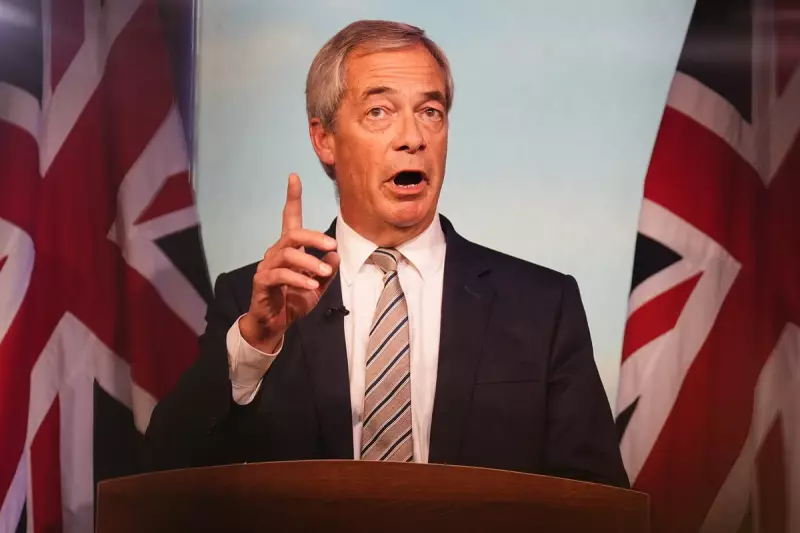
Nigel Farage's Reform UK party is embroiled in a major political controversy after unveiling an immigration policy that opposition leaders are branding as overtly racist and divisive. The escalating row has drawn sharp condemnation from Labour leader Keir Starmer, who didn't mince words in his assessment of the party's approach.
The Policy That Sparked Outrage
At the heart of the storm lies Reform UK's newly proposed immigration framework, which critics argue crosses the line from tough border control into outright discrimination. The policy details, revealed during the party's manifesto launch, have triggered immediate backlash across the political spectrum.
Sir Keir Starmer delivered a blistering response, stating the proposals represent everything that's wrong with modern political discourse. "This isn't just controversial - it's fundamentally racist and designed to divide communities," the Labour leader asserted during a press conference.
Farage's Defence Strategy
Despite mounting criticism, Nigel Farage remains defiant, arguing that his party is simply addressing legitimate public concerns about immigration levels. The Brexit architect maintains that Reform UK is the only party willing to have an "honest conversation" about border control.
However, political analysts suggest the controversy may backfire, potentially alienating moderate voters while simultaneously energising Reform's core support base. The timing couldn't be more critical, with the general election campaign entering its most intense phase.
Broader Political Implications
The immigration row represents a significant test for Reform UK's electoral ambitions. While the party has gained traction in recent polls, this controversy threatens to define their campaign in ways that could either solidify their anti-establishment credentials or expose them to accusations of extremism.
Meanwhile, Labour and other mainstream parties are capitalising on the situation, positioning themselves as the reasonable alternative to what they characterise as Farage's dangerous rhetoric. The coming days will reveal whether voters see the policy as principled or prejudiced.






